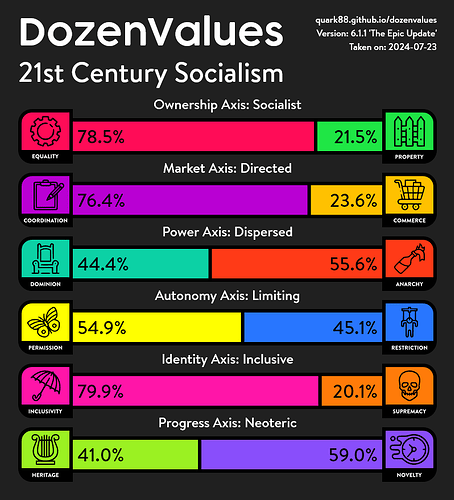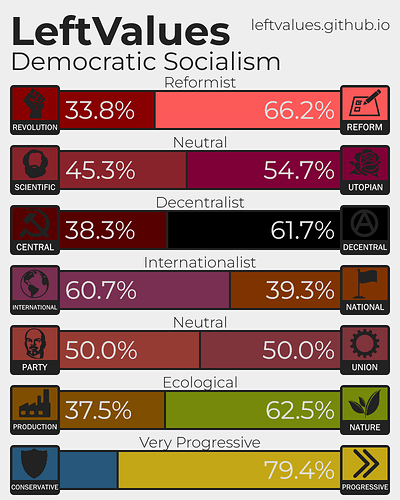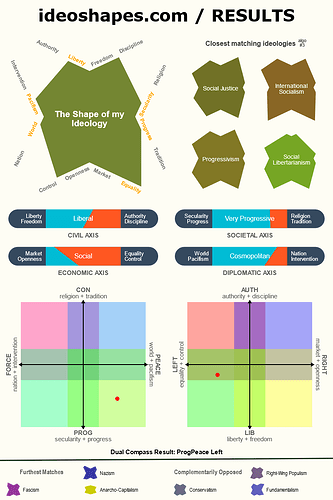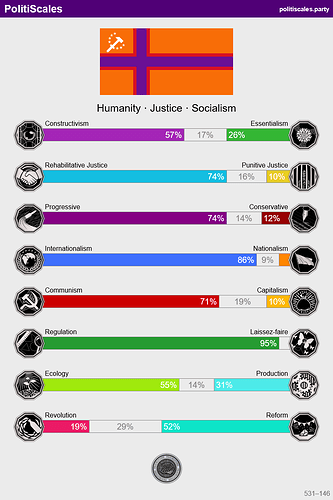Update: The Letter shall be deemed Invalid
Reason: Poor Definition and Interpretation
Argument:
Maybe I am not referring to any mainstream system branch. We are talking about a benchmark that I call humanist socialism, but it might not be socialism according to TZM. When you search on the internet for humanist socialism, you don’t find any results, because it’s probably just a benchmark I created for myself that I call it as some form of socialism.It may add upon existing systems like democratic socialism, but it’s changed so significantly that the purpose of this system moves away from profits, infinite growth, and securing of labor (traditional socialism and capitalism), and becomes conductive to science and technology improving human well-being.
You can run a community with RBE principles and is not socialist by traditional means and call your community a humanist socialist system.
So, we don’t even know what we are talking about, after doing a thorough revision of our previous replies.
For these reasons, the Letter shall be invalidated.
It’s time to rethink your stance on socialism. The global political landscape has shifted, and your ideals - a resource-based economy, the end of money, and fair resource distribution - align more with modern socialist movements.
While you rightly reject traditional Marxism, there are many forms of socialism today that fit your vision for a sustainable, post-scarcity world. These progressive socialists share your focus on science, technology, and automation to solve global challenges.
Understandably, the “Red Scare” legacy might make you hesitant to identify as socialist. But it’s time to move past outdated divisions and proclaim your ideological roots.
So, Zeitgeist Movement, reconsider. Embrace your progressive socialist origins and show the world your movement’s true, equitable, sustainable, and technologically-advanced nature.
Notes: I define socialism as the movement which advocates for equity and the common ownership of resources, and I define progressivism as the movement that advocates for the improvement of the human conditions via technological and social progress.



